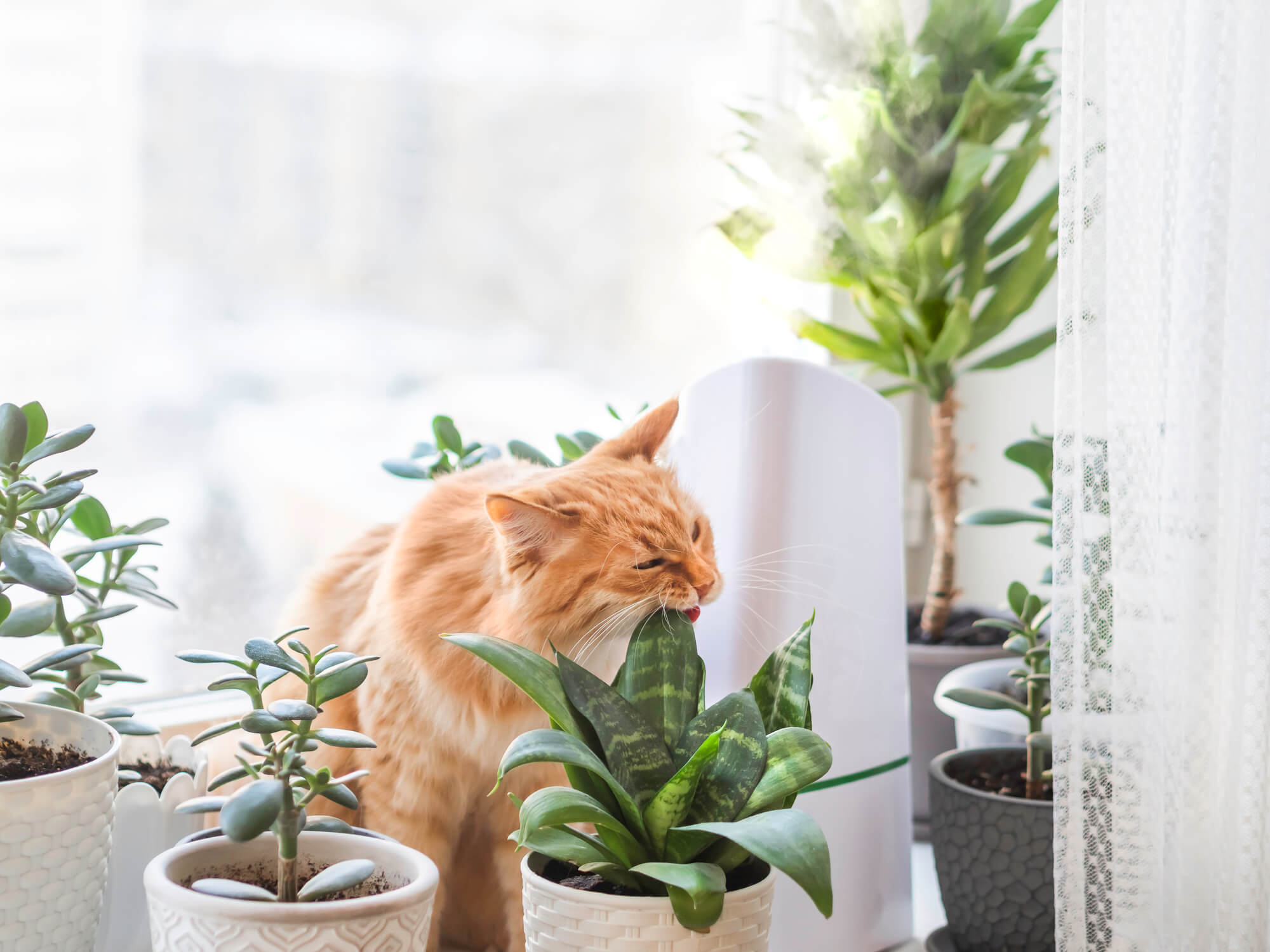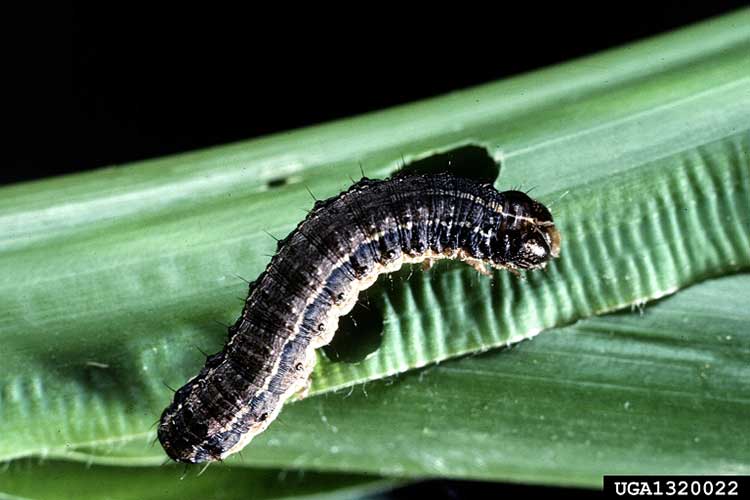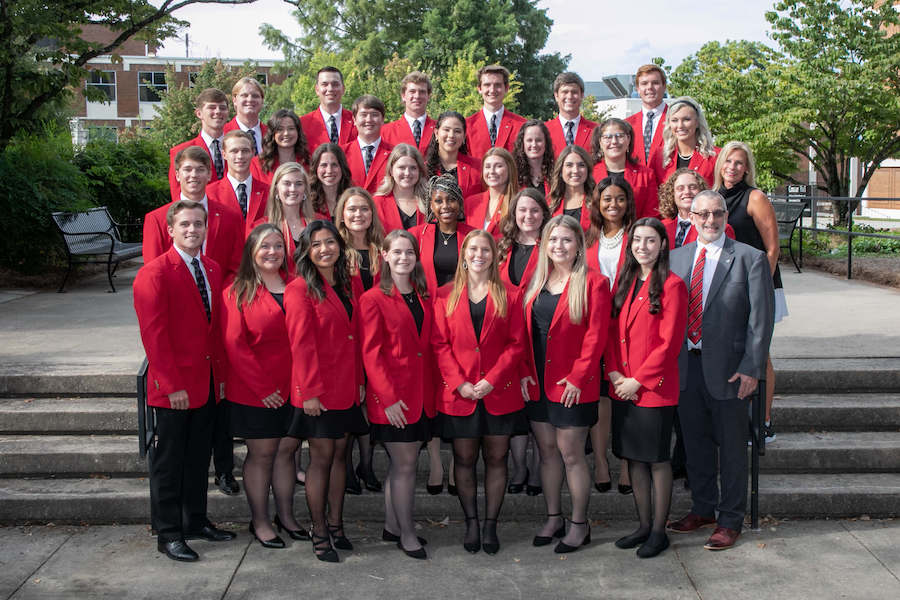 CAES News
CAES News
CAES Ambassadors
Founded in 1989, the CAES Ambassador program is UGA’s oldest student ambassador group and focuses on student recruitment, student engagement and community outreach. Students with a major in CAES and at least two semesters of study in the college are eligible to apply and participate in the interview process, all with the goal of being selected to wear the program’s signature red blazer.

.jpg)
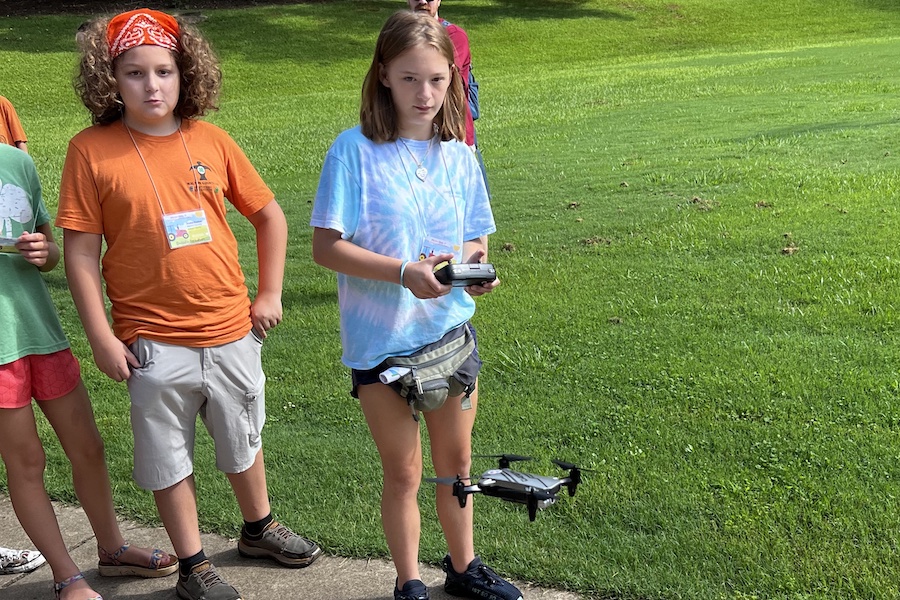
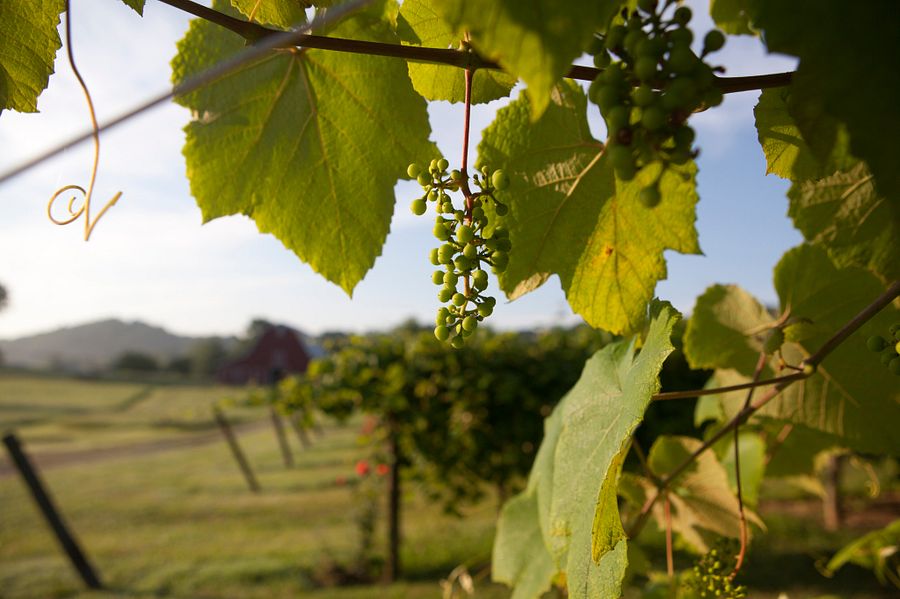
.jpg)
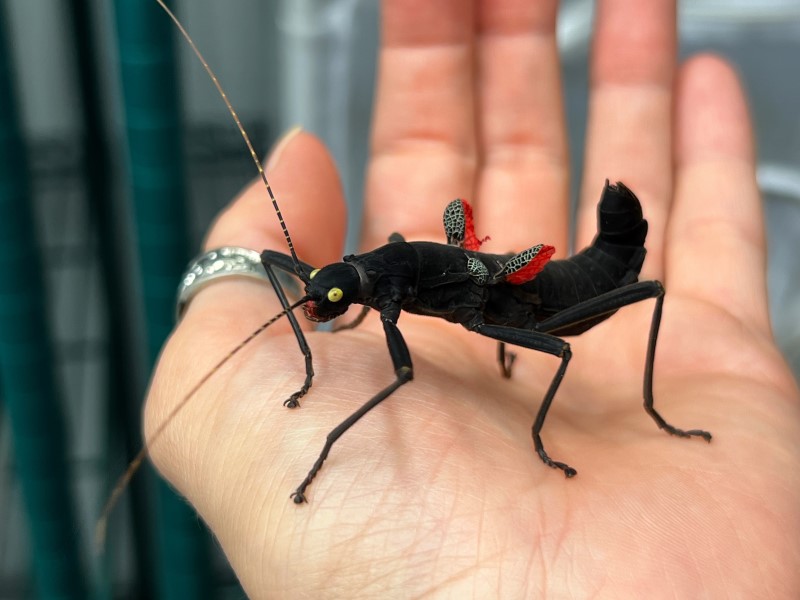
.jpg)
